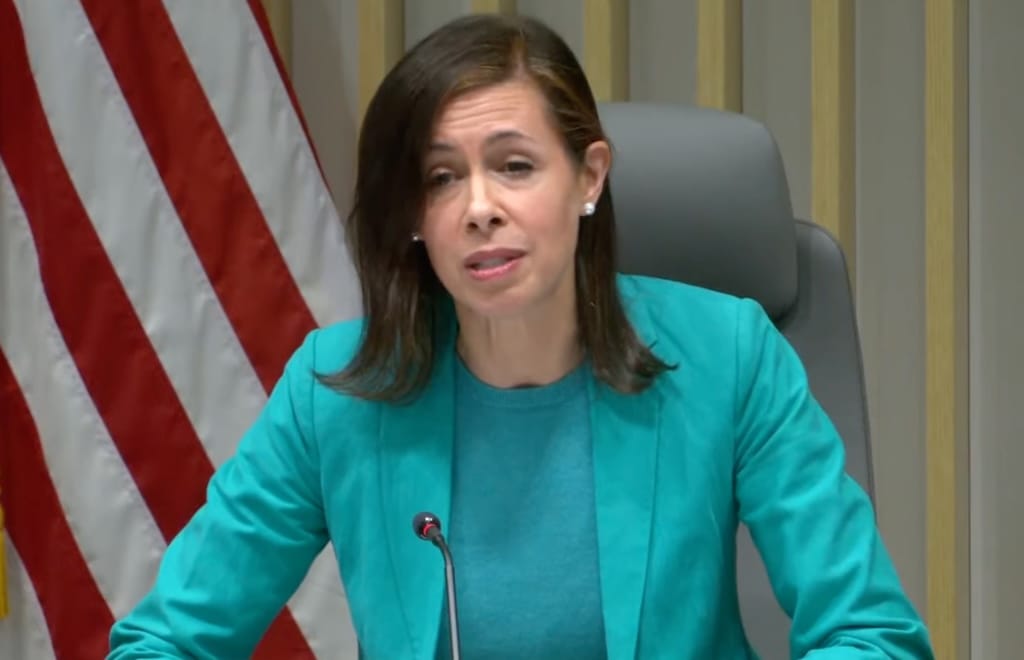FCC Increases Broadband Benchmark
The agency went through with its proposed 100 * 20 Mbps definition.

WASHINGTON, March 14, 2024 – The Federal Communications Commission voted on Thursday to increase the benchmark for broadband internet.
With the adopted measure, broadband – adequate, high-speed internet – is set to be defined by the agency as service at speeds of 100 Megabits per second (Mbps) download and 20 Mbps upload or faster. The FCC last updated its definition in 2015, when it set the benchmark to 25 * 3 Mbps.

“Honestly, this fix is overdue,” said FCC Chairwoman Jessica Rosenworcel. “It aligns us with pandemic legislation like the bipartisan Infrastructure Law and the work of our colleagues at other agencies.”
Existing broadband subsidies from other agencies like the Commerce Department’s BEAD program and the Treasury Department’s Capital Projects Fund, as well as some managed by the FCC, typically require speeds of at least 100 * 20 Mbps or higher to qualify for funding.
The benchmark increase was attached to and used in the agency’s so-called 706 report, an annual assessment of broadband deployment required by section 706 of the Telecommunications Act of 1996.
That report, commissioners said, concluded that broadband is not being deployed in a “reasonable and timely fashion,” the question the statute requires the FCC to answer. That’s consistent with the public draft of Thursday’s order circulated last month, which cited 24 million Americans without 100 * 20 Mbps service, mostly in rural areas and on Tribal lands. That gap is not closing rapidly enough for the current pace of deployments to meet the statutory threshold, the draft said.
The agency’s two Republican commissioners, Brendan Carr and Nathan Simington, dissented from the 706 report. They disputed the negative conclusion, arguing incremental progress had been made in the three years since the FCC’s last assessment.
They also took issue with the absence of satellite internet from the report’s analysis, arguing companies like SpaceX provide consistent 100 * 20 Mbps service in some areas. The public draft argued the lower capacity of satellite networks make them an inadequate alternative to terrestrial broadband, even if speeds sometimes meet the new threshold.
Carr said he would have preferred more recent data – the report is based on the May 2023 of the FCC’s broadband coverage map, but the data was updated in November and shows fewer unserved homes and businesses.
Rosenworcel referred to version two as “the last fully vetted and validated annual data before this agency.”
The report also sets a long-term goal for broadband speeds of 1 Gbps * 500 Mbps.
Commission staff said some edits to the draft were made in response to ex-parte meetings.











